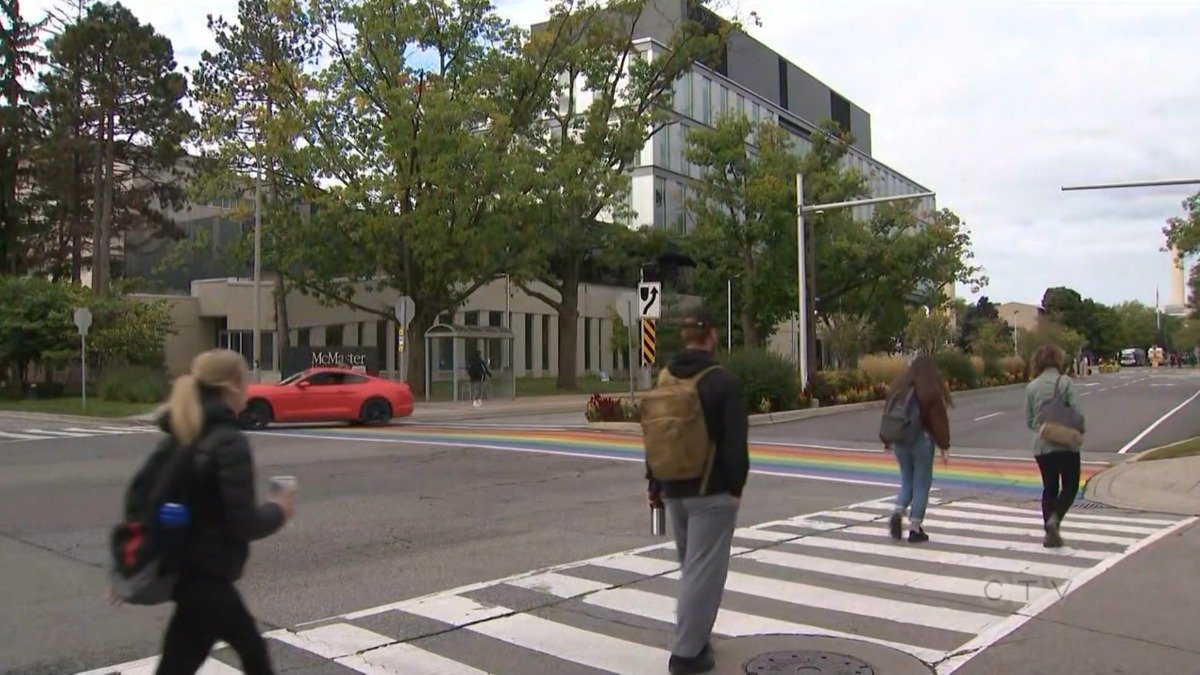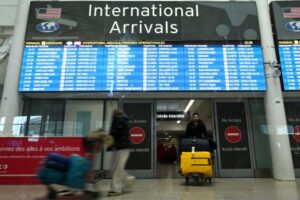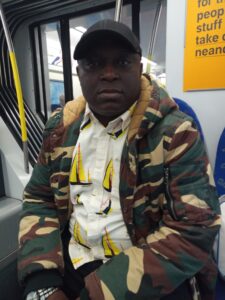
Six prominent Canadian universities are facing a series of proposed class-action lawsuits with claims that Jewish students are unsafe on campus.
The list includes Queen’s University, York University, Concordia University, Toronto Metropolitan University and the University of British Columbia. The prominent Toronto-based personal injury law firm, Diamond and Diamond, has also listed many of their student unions.
Hamilton, Ont.’s McMaster University and its student union are the latest to face legal action. A statement of claim, dated Jan. 3, alleges that “McMaster University has become, for over a decade, home to systemic discrimination, harassment, hatred, antisemitism, violent discourse, and actual or threatened physical harm amongst the student body.”
Since the outbreak of the Israel-Hamas war on Oct. 7, 2023, Canadian university campuses have increasingly played host to a growing number of protests. In November, a brawl between pro-Israeli and pro-Palestinian students broke out in the halls of Montreal’s Concordia University.
“You should not be allowed to bring the Hamas flag to a university,” Diamond and Diamond lawyer Sandra Zisckind told CTV News. “These are basic, basic tenets of human rights.”
She added that some Jewish students at McMaster University said they are “scared to go to school, they’re scared to wear anything that delineates the fact that they’re Jewish.”
The lawsuits were launched with the support of the Lawfare Project, an American non-profit that funds legal actions to protect the civil and human rights of Jewish communities.
Both McMaster and its student union declined CTV News’ request for an interview. In an email statement, a university spokesperson wrote that “fostering an environment that is safe and inclusive for all members of the McMaster community has always been and continues to be a critical priority for the university, which condemns all forms of hatred.”
Despite this lawsuit, McMaster Prof. Eva Lonn also came under fire in October for calling for the deportation of pro-Palestinian protestors following a protest(opens in a new tab) in New York City.
Canada has a long history of protests on campuses – it’s an act of free speech and expression worth protecting “within obvious limitations,” according to Glen Jones, a professor of higher education at the University of Toronto.
“Universities are places of inquiry,” said Jones. “It’s designed to be a space for informed issues and different ideas with the notion of challenging different orthodoxies and existing ideas.”
Canada This Month newsletter: Sign up to read the best our local outlets have to offer
Zisckind says she takes no issue with free speech on campuses.
“You can disagree with Israel, you can say there needs to be a ceasefire, those are things that are tantamount to free speech, but you cannot say we need to kill the Jews,” she explains.
Zisckind adds that her firm expects to hand out more class-action lawsuits to additional Canadian post-secondary educational institutions in the weeks and months ahead.
None of the current class-action claims have been certified by the courts.








